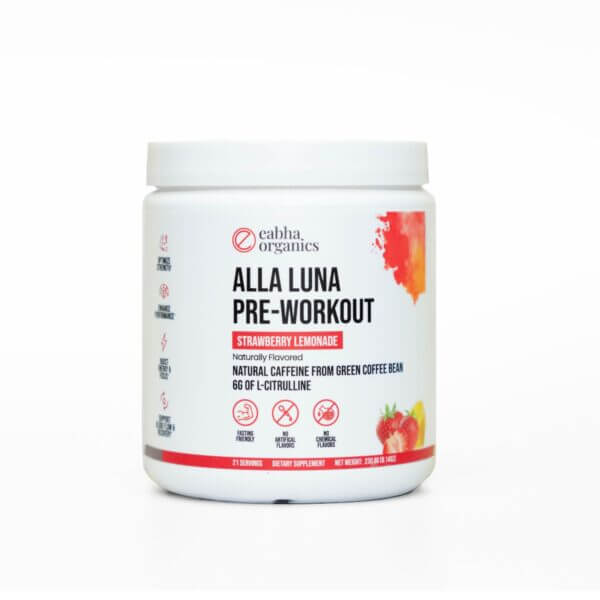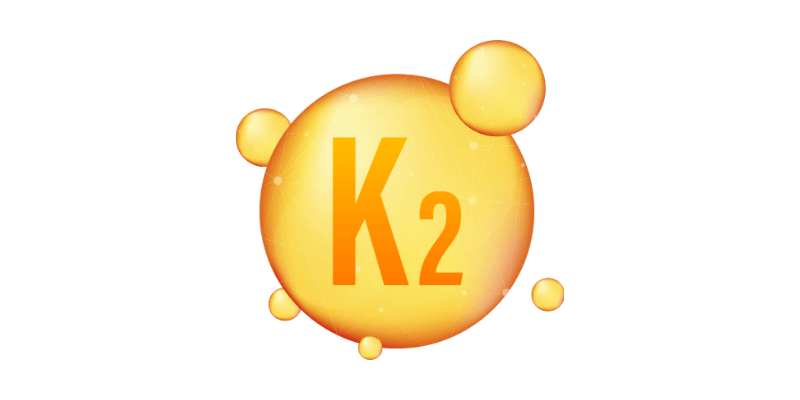The Benefits of Vitamin K2 — The Underrated Nutrient That Deserves Your Attention
Most people know about vitamin D. Some know about vitamin C. But vitamin K2? It’s like the quiet genius in the corner — powerful, underrated, and often overlooked.
Let’s break it down in a way that actually makes sense. This post will cover what vitamin K2 is, why it’s so important, whether you’re getting enough, and how to supplement smartly — especially alongside vitamin D3.
🧠 What Is Vitamin K2, Exactly?
Vitamin K2 is part of the vitamin K family — but don’t confuse it with K1, which is found in leafy greens and mainly helps your blood clot.
Vitamin K2 (menaquinone) has a totally different job:
It helps move calcium to the right places in your body (like your bones and teeth) and away from the wrong ones (like your arteries and soft tissue). That makes it a major player in heart health, bone strength, and overall longevity.
There are different forms of K2 — the most talked-about are MK-4 and MK-7.
MK-7 (found in fermented foods and most supplements) tends to stay in the body longer and is better for long-term health support.
❌ Are We Getting Enough Vitamin K2?
In short: nope — not even close.
Most people eating a standard Western diet don’t get nearly enough. That’s because vitamin K2 isn’t abundant in most common foods unless you eat a lot of fermented stuff (think natto, aged cheeses, and organ meats — not exactly everyday eats).
According to Dr. John Douillard, vitamin K2 intake is alarmingly low in many populations, and this may be linked to an increased risk of heart disease and osteoporosis.
So if you’re not eating traditional Japanese foods, raw cheese, or liver daily, you’re probably not hitting optimal levels.
🦴 The Big Benefits of Vitamin K2
Now let’s get into what this stuff actually does. Here are some science-backed benefits of vitamin K2 that make it worth knowing about:
1. Directs Calcium Where It Belongs
Vitamin K2 activates proteins like osteocalcin (helps bind calcium to bone) and MGP (keeps calcium out of arteries). This keeps your bones strong and protects your heart.
2. Supports Bone Density
Without K2, your body might absorb calcium from food or supplements… but it doesn’t know where to put it. K2 ensures it gets locked into your skeleton where it can help.
3. Heart Health
By preventing calcium buildup in arteries, K2 helps maintain flexible, clean blood vessels. That means better circulation and reduced risk of arterial stiffness — a key factor in heart disease. Harvard Health confirms the synergy between K2 and D3 may have heart-protective effects.
4. Dental Health
There’s emerging evidence that vitamin K2 may help prevent cavities and support healthy teeth by moving calcium into the enamel.
5. May Support Skin and Hormone Health
Though more research is needed, some studies suggest K2 may improve skin elasticity, and it’s being explored for its role in hormone regulation, especially in women.
☀️ How K2 and D3 Work Together
Think of vitamin D3 as the key that opens the door to calcium absorption.
Now think of K2 as the traffic cop that tells calcium where to go.
Taking D3 without K2 might boost calcium levels… but if K2 isn’t there to direct it into your bones and teeth, it could end up in your arteries. Not what you want.
This is why many smart supplement stacks pair D3 + K2 — they work synergistically to maximize the benefits and minimize the risks of calcium supplementation.
If you’ve already read our blog on vitamin D3, you know how powerful it is. Now imagine leveling that up by combining it with K2.
🥚 Where Can You Get Vitamin K2?
Here are the best food sources of K2
- Grass-fed dairy (cheese, butter)
- Egg yolks
- Liver and other organ meats
- Fermented foods (sauerkraut, kefir, etc.)
- Pastured animal fats (like ghee or tallow)
- Natto (fermented soybeans – highest source, but strong flavor)
That said, unless you’re crushing natto and liver regularly, food alone may not cut it. And let’s be honest, liver isn’t very appealing!
💊 Should You Take a K2 Supplement?
If you’re not eating fermented or organ-rich foods often, a supplement is a smart move, especially if you’re also taking vitamin D3.
Most supplements use MK-7, which is well-studied and effective.
Here’s a simple guideline
• 100–200 mcg/day of K2 (MK-7) is a good target for most adults
• Look for a supplement that combines D3 + K2 for maximum benefit
• Always take it with food that contains fat — K2 is fat-soluble and absorbs best that way. Here’s a quick overview from WebMD on K2 supplement dosing and safety.
🧾 Final Thoughts
Vitamin K2 may not be on everyone’s radar yet, but it should be. From building stronger bones to protecting your heart, the benefits of vitamin K2 are way too important to ignore.
It works best when paired with vitamin D3, helps your body manage calcium efficiently, and supports your health in ways most people don’t even realize.
So if you’re dialed in on your wellness — or starting to clean things up — K2 might be the missing piece of the puzzle.









